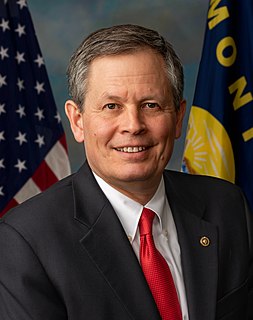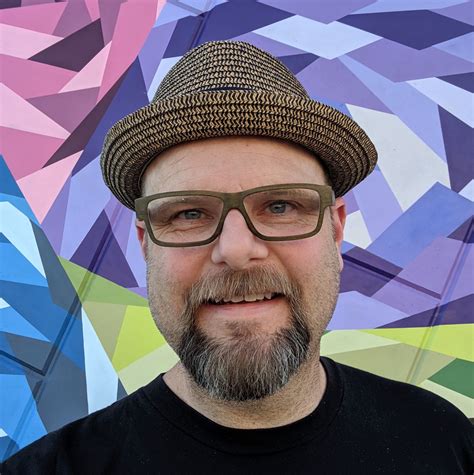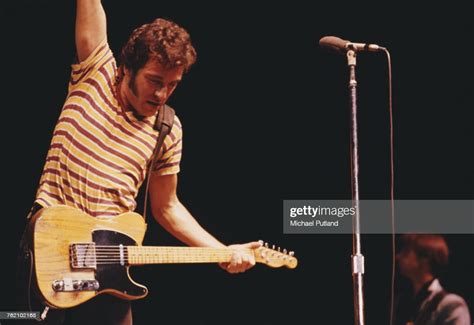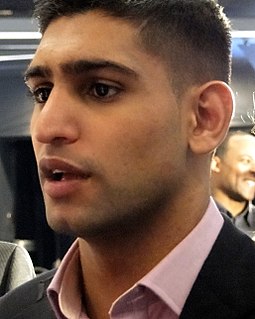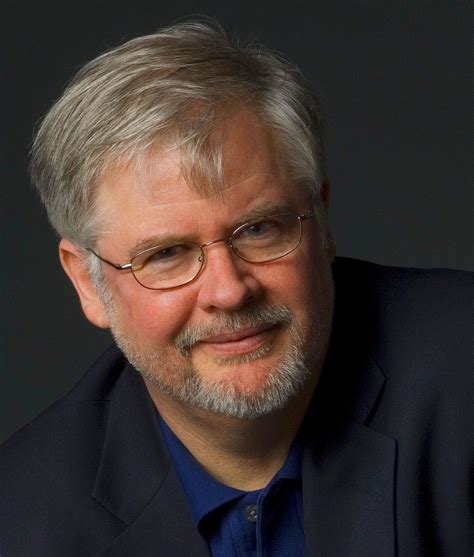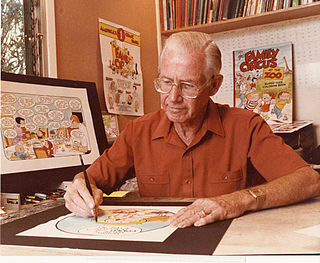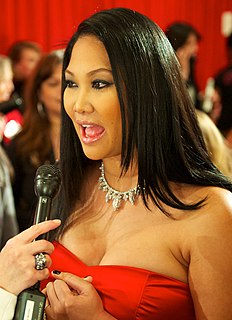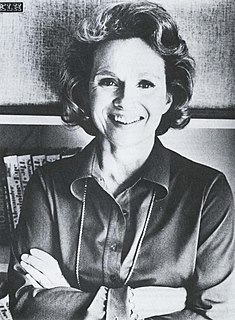A Quote by Steve Daines
One of our ancestors came over on the Mayflower, and we had family in Jamestown as well... I was raised where service was a part of the fabric of life. It wasn't one-upmanship. No one bragged about their medals, but you could see the look in the eyes, the tip of the hat. You served your country first, then you went to work and had a family.
Related Quotes
What interested me most about the Kennedys was the family situation. Somehow, they had created this family that lasted over time, they had a sense of connection to one another. Especially now, when people are spread all over the country and they don't see grandparents and parents, this family bonded together.
I don't know that I would have the courage to come over to a new country where the religion is different, the language is different, where I don't have any money. The thought of starting over like that in the way that many refugee families have to start all over again - that's an incredible thing to think about. One of the things I tell about Refugee is that unless you're Native American or a descendant of slaves, your family immigrated to this country - whether they came over on the Mayflower or whether they came over on a raft last year.
Even if you're on the right track, you'll get run over if you just sit there. My folks were Indian. Both my mother and father had Cherokee blood in them. I was born and raised in Indian Territory. 'Course we're not the Americans whose ancestors came over on the Mayflower, but we met them at the boat when they landed.
My grandfather on my dad's side was the first in our family to settle in the U.K. He came from Pakistan on his own in the '60s and worked in a cotton mill in Bolton, earning enough to bring over the rest of his family. My dad, Shah, was only about eight when he came to this country. Like most immigrants, he has a fierce work ethic.
My family came to Australia on the First Fleet. My family’s been in that country for a long time, over 100 years. If your family’s lived in Australia for a long time, everyone has a little bit of [Aborigine blood]. I know my family does because we have an eye condition that only Aboriginal people have.
That's what actually caused me to run for office is, you know, my family story, the experience of growing up in a family where your dad had been imprisoned, had been tortured, and came to America with nothing, washing dishes for 50 cents an hour. That was perhaps the most formative experience of my childhood, is being raised in that household where freedom had an urgency.
My aunt Geraldine was the unofficial historian and storyteller. She had all the information about family members and the gossip that came out of the church because we were very much part of the African Methodist Episcopal Zion Church. At family gatherings, the older folk had the floor, had pride of place, and it was their stories I remember.
To thousands of elder women in the late sixties and early seventies [the private women's club movement] came like a new gospel ofactivity and service. They had reared their children and seen them take flight; moreover, they had fought through the war, their hearts in the field, their fingers plying needle and thread. They had been active in committees and commissions, the country over; had learned to work with and beside men, finding joy and companionship and inspiration in such work. How could they go back to the chimney-corner life of the fifties?
One of the things I'm most proud of over the years, is time management and balancing family and work. Everyday, you just look at what needs to be done and do that, what needs to be done. That includes the idea that family is first, kids are first and when you're with the family, put the phone down, look them right in the eye.
